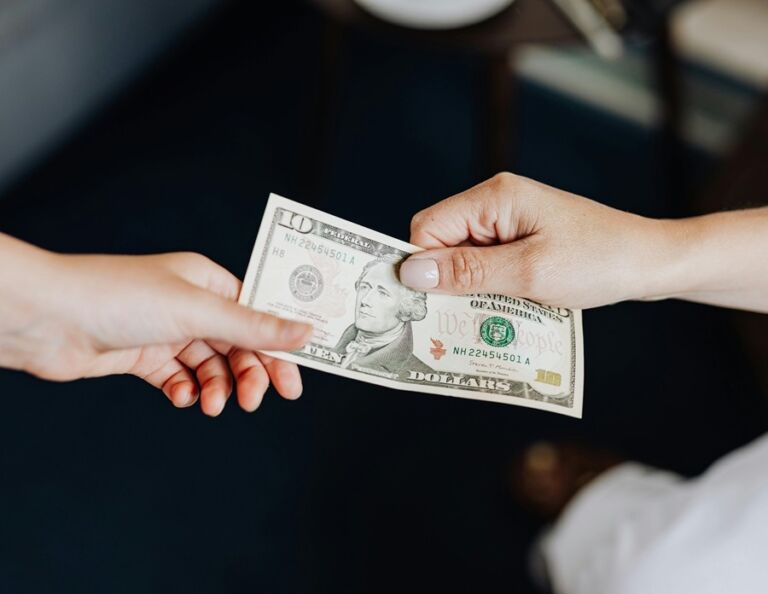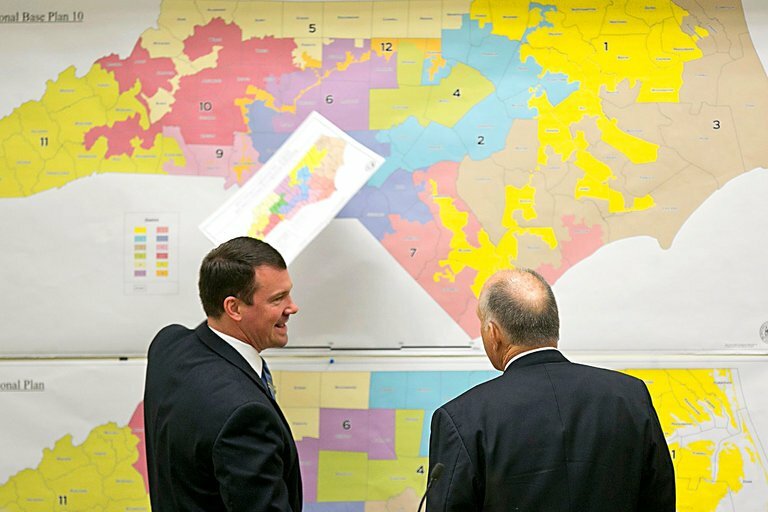Nicholas Rowan explains in the Washington Examiner why so many people question China’s role in the coronavirus pandemic.
Before the coronavirus even hit the United States, China’s high-profile history of religious persecution laid the groundwork for many to distrust its handling of the outbreak.
Since March, a growing number of people have said that they do not believe President Xi Jinping’s government’s statements about its efforts to contain the virus, which originated in the Chinese city of Wuhan. A survey conducted by the Pew Research Center found that, by the end of the month, about two-thirds of people in the U.S. viewed China unfavorably — and an overwhelming majority saw Chinese power as a threat to America.
Arkansas Sen. Tom Cotton, a longtime critic of China, told the Washington Examiner that these attitudes should come as no surprise. Cotton pointed particularly to the recent and well-publicized expositions of the Chinese government’s practice of confining religious minorities, such as Uighur Muslims, to “gulag reeducation camps.”
“Governments that treat their own people in such brutal ways would think nothing of lying about a virus death toll to preserve their own power,” Cotton said.
China’s persecution of religious minorities entered the public consciousness last year when protests in Hong Kong against the Chinese government shut down the island city and ignited a debate over Chinese violations of human rights. The demonstrations called into question the terms of American business relations with China when the communist nation threatened to cut ties with the National Basketball Association because of tweets supporting Hong Kong protesters posted by Houston Rockets general manager Daryl Morey.
The situation also raised outrage about China’s lack of transparency regarding its treatment of Uighurs, a Muslim ethnic minority of which more than 1 million have been imprisoned in the Xinjiang province since 2017.
Follow Carolina Journal Online’s continuing coverage of the COVID-19 pandemic here.


